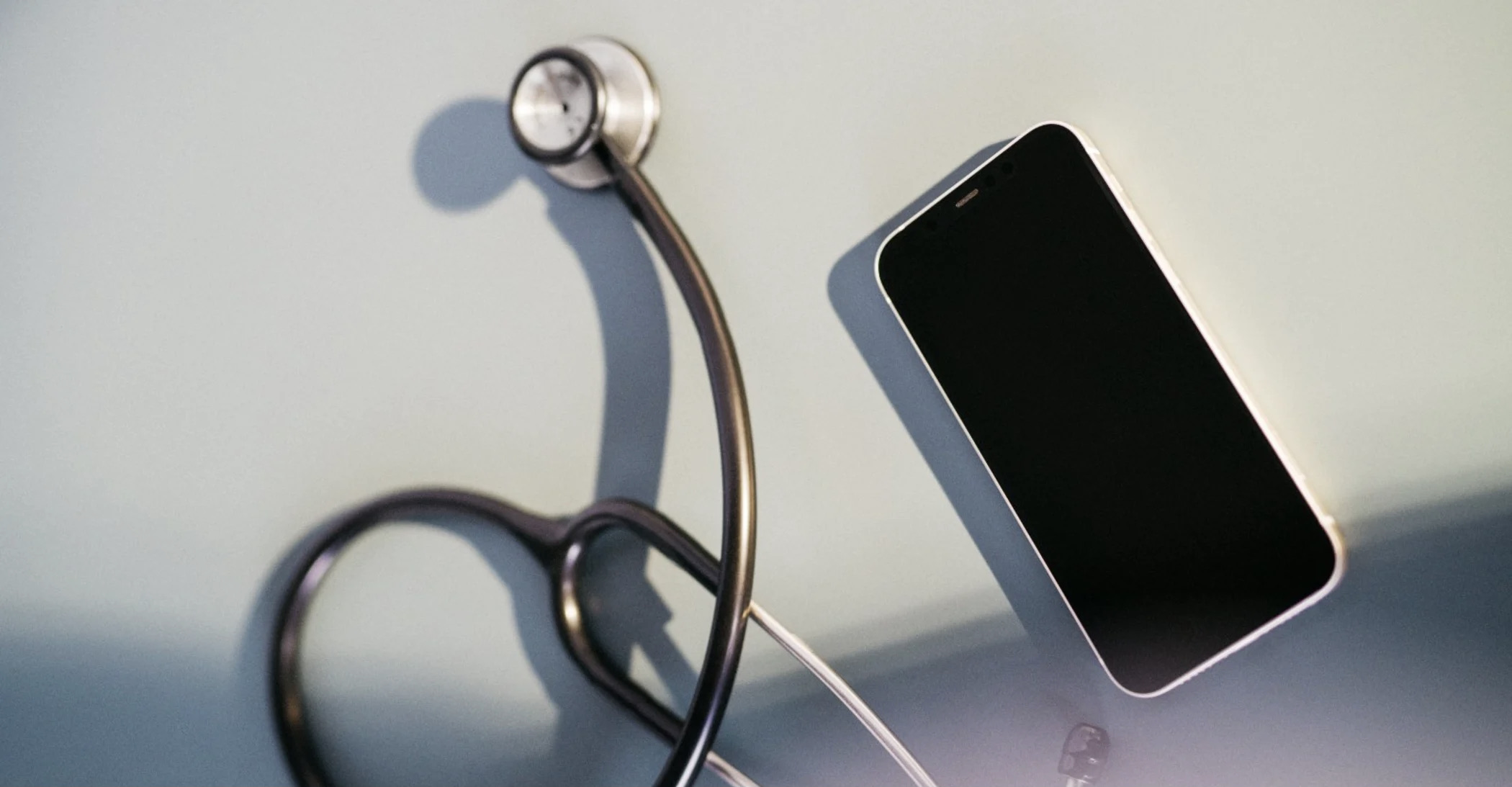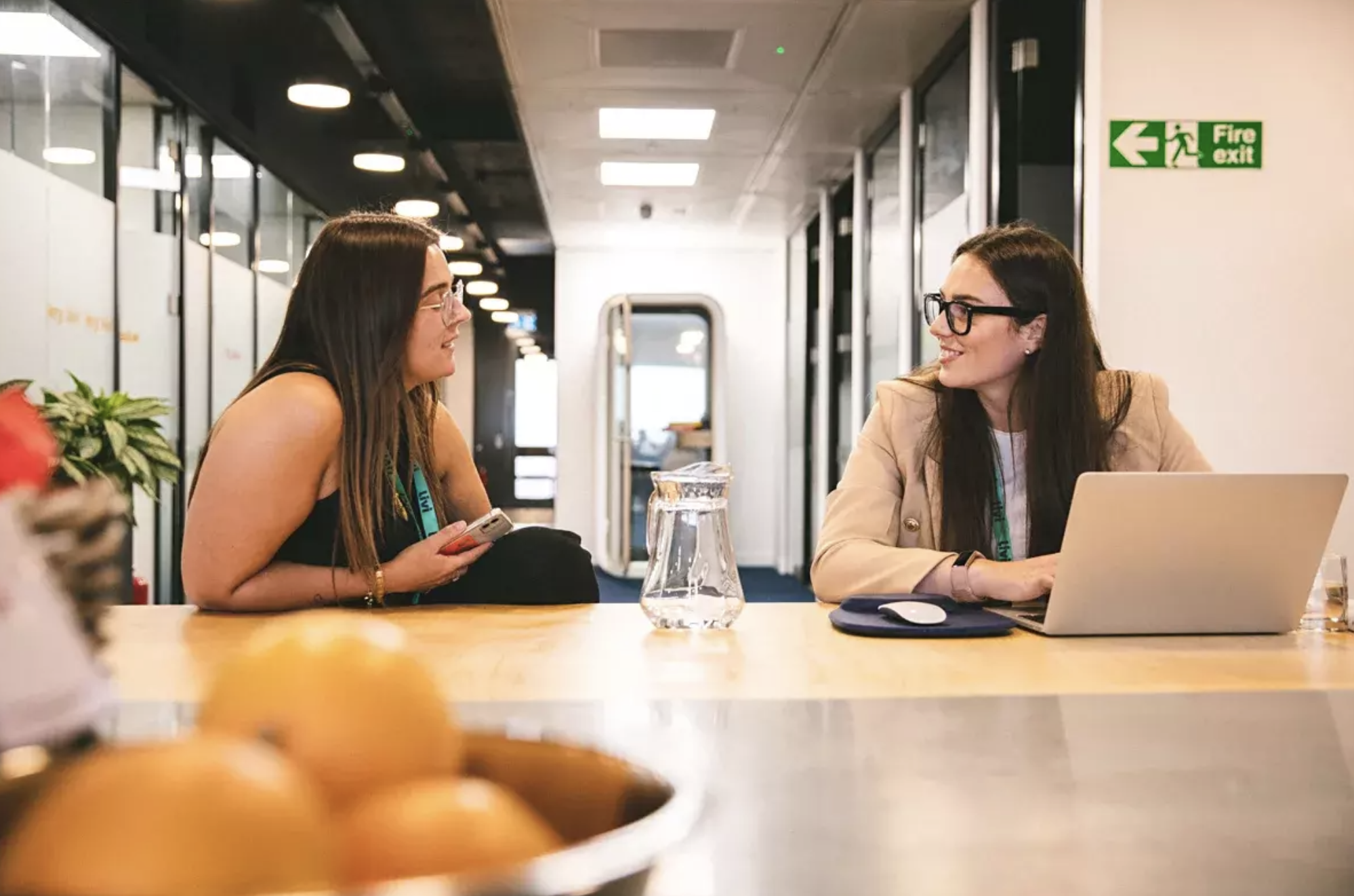Q: What does a typical day look like as a digital GP?
NR: I work 7am-11am, Monday to Friday. I requested this schedule and Livi was able to accommodate me. I do some exercise after my shift and that sort of gets my head out of ‘GP mode’ and into the second half of my day. I have some lunch, take a shower and then I start my afternoon. It's amazing. It just breaks it up really nicely.
It's given me that flexibility to not just be a doctor, but also take on other things and run my own business. I'm still seeing similar patients as I would in traditional general practice, but it's the politics and stuff that comes with being a salaried doctor or partner that I don't have to worry about. It works for my lifestyle too and the way I want to do my job as well. You’re still seeing patients and still helping people.
Q: Did you have work-life balance before Livi?
NR: No. The pandemic was obviously a very different situation. I was working full-on days starting at eight o'clock and not leaving until late working in a surgery. It was so intense, and I was seeing probably double the number of patients. I'd come home in tears regularly and I'd get that horrible Monday morning dread. I felt ill. I was burnt out.
I'd been burnt out before in a previous job where I worked in a hospital. This time I told myself I had no desire to go back to it again. I understand that burnout can happen to a lot of people in different surgeries across the board. I've seen colleagues not leaving until eight at night. Then they're going home, logging on and doing a load of admin. I just thought, no, that's not the life I want.
I think I'd be lost if Livi disappeared. I honestly would be. The idea of going back into surgery again, just fills me with a little bit of panic. I'm just like, no, I can't do that.
Q: How much admin do you have to do now? Is it easier to manage at home?
NR: A lot of admin is removed. Patient admin is not an issue. For example, if I need to see a patient again to talk through test results, I can close that loop right away and do that easily with Livi.
When I was working in a practice, I’d have my own admin to deal with as well as everybody else's as you get a portion of it. There’s letters to review, blood test queries to answer and other tasks. That's the bit that's draining. You either do that as a full-time job, or you see patients as a full-time job. When you've got the two things combined, you're essentially working two full-time jobs in one. It's also hard because you've got to make the decisions for a patient when you're seeing them face-to-face, and you get like 15 minutes or 10 minutes to do that.
Plus, you've also got to make decisions for all the other admin that you need to get through. If you've got a letter that sounds really worrying or a blood test that sounds concerning, you might have already dealt with 40 patients that day, and then suddenly you've got another 40 decisions to make. It's hard.
Q: Do you feel that with the support you get from Livi, it’s a bit more manageable?
NR: Yes, definitely. You don't have to worry so much about it. As long as you're communicating properly, it's all just taken off you. Of course, in surgery you’ve got admin staff doing that as well, but it's almost like you're having to answer queries in your own time, and you have to sort of slot it in somewhere in between seeing everybody. With Livi you don't get any of that.
Q: If you need any help, where and who do you turn to for support?
NR: We've got our clinical portal. I had a question the other day about something and I just messaged the group and got a response very quickly. A lot of other doctors do the same thing. When it comes to medical queries, I can get answers and support when I need it. Plus, I can speak to mentors and the on-call doctor as well, so there’s always people around if I need them.
I also attend networking groups and I've got friends around the area to go out for coffees and stuff, which is freedom that I never had before Livi. So, although I’m working from home, I never feel like I'm alone.
Q: What does an abnormal week look like for you?
NR: I had one recently where a patient was really rude. I have to admit, I was shaken up. So, I just messaged the admin team and explained what had happened. They were a great help and told me to just take five minutes and calm down a little bit. I grabbed a cup of tea, had some water and just took some deep breaths and carried on.
I got the support I needed and over the next couple of weeks they analysed the situation and checked that I was okay. If I needed a longer break, I would've got it. It’s the same kind of support if you need time off or you call in sick. It's really straightforward and the community managers are so supportive as well.
Q: What would you say to other GPs who may be put off by the remote element of the work or the technology?
NR: The tech is really simple. When setting up the laptop, which Livi provides, you have a conversation with a tech person who walks you through everything step by step. It's not a massive learning curve. If you’ve used to SystmOne or EMIS, you'll use one of these systems and can do training if you want to move from one to the other. It’s easy.
The only difference is that you've got something called care portal which we we use to communicate with the admin team. But that’s super simple and very straightforward too. You have to learn some things about what you can and can't prescribe remotely, but it’s all clear and easy to pick up.
Q: Do you still feel you can deliver the same kind of care remotely?
NR: Yes! If anything, sometimes you can actually deliver better care. There are of course some restrictions like examinations. But I’ve got more time and can listen to the patients in a little bit more detail. So, for me, I feel like I’m doing a better job this way.
To find out more about working as a digital GP, visit our clinical talent hub.


